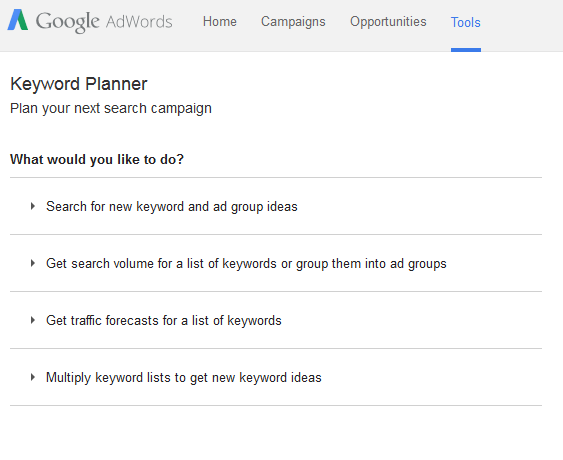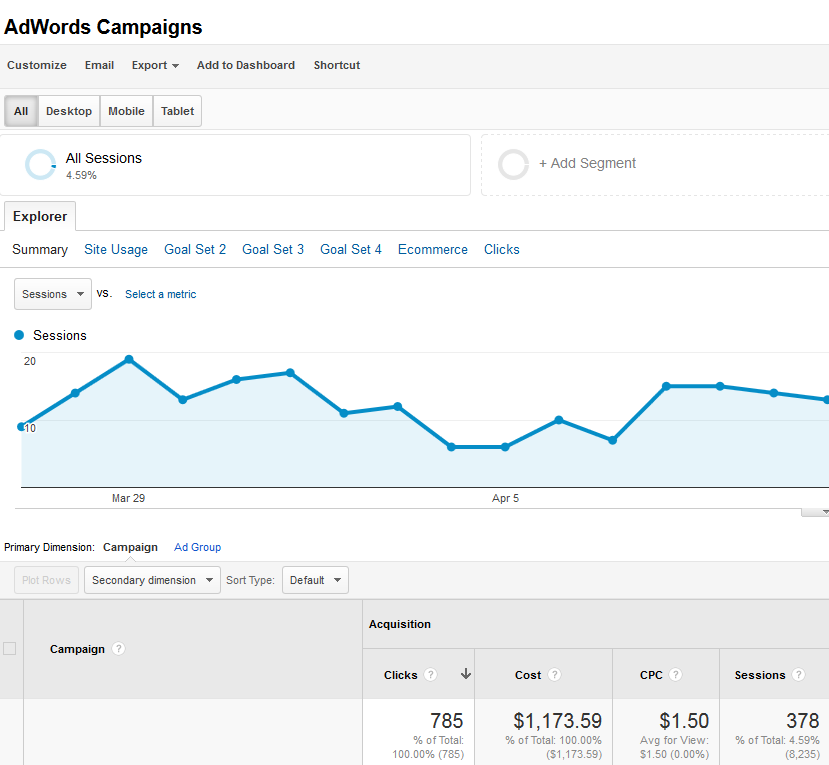There are different strategies when it comes to SEO. In some cases, a website only focuses on a few keywords. As long as they are ranked well for those terms they are happy. They are getting qualified traffic, leads and business. Others like to continually go after more and more keywords. Sure, they will keep their eye on a few money terms. But in addition, they are always looking to cast a wider net. I generally fall into the second school of thought.

Keyword Selection for SEO, How Savvy SEO Professionals Get it Right
Here is what I like to do.
- Focus on a few core terms, but in addition…
- Create a significant amount of information around those terms
- This encourages backlinks
- These other URLs rank on their own
- It allows you to drive more traffic and establish yourself as a thought leader
- You can set up micro conversions around this traffic, such as gathering emails
- It provides a guideline to create content for social media
Most people call this inbound marketing… But at the end of the day, it is really search engine optimization. Websites should always be thought of as segments, such as, Location Terms | Service Terms | Info Terms | Product Terms | Brand Terms, etc. Each of these buckets can have more information written for it, more links driven to it, more social media campaigns strategically run around it, etc.
But at the end of the day, the question becomes, how do you find new keywords to go after? Here is how.
How to Find New Keywords for SEO
One of the easiest things to do, is find a competitor with a more established SEO presence and use their years of hard work to create a strategy for your site. Here are some ways you can approach this.
Look at Sitemaps
One of the easiest things you can do is look at their sitemap. Do a control F and then search for the term Sitemap on the page. In most cases, there will be an HTML sitemap that you can click on. Once you are there, you will get an idea of all the pages on their site. You can then click on those pages and see what they are optimized for.
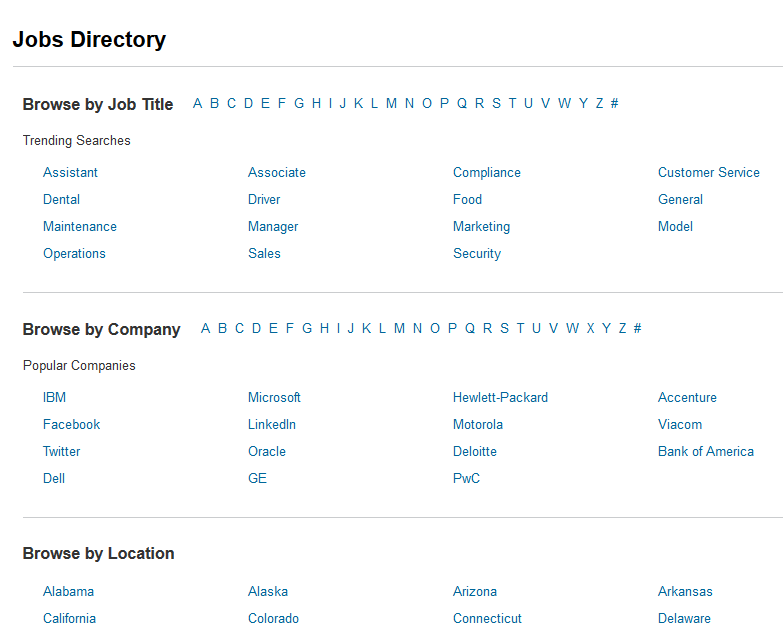
Linkedin Sitemap Keyword Selection
Screaming Frog
Screaming Frog is a go-to tools for any SEO professional. The only other one that even comes close is Xenu’s Link Sleuth. This is also an excellent tool. Both of these tools are desktop applications. If you are looking for something that is web based you can try our SEO Transfer Tool. This tool works well but is a little slow. We are working on it!
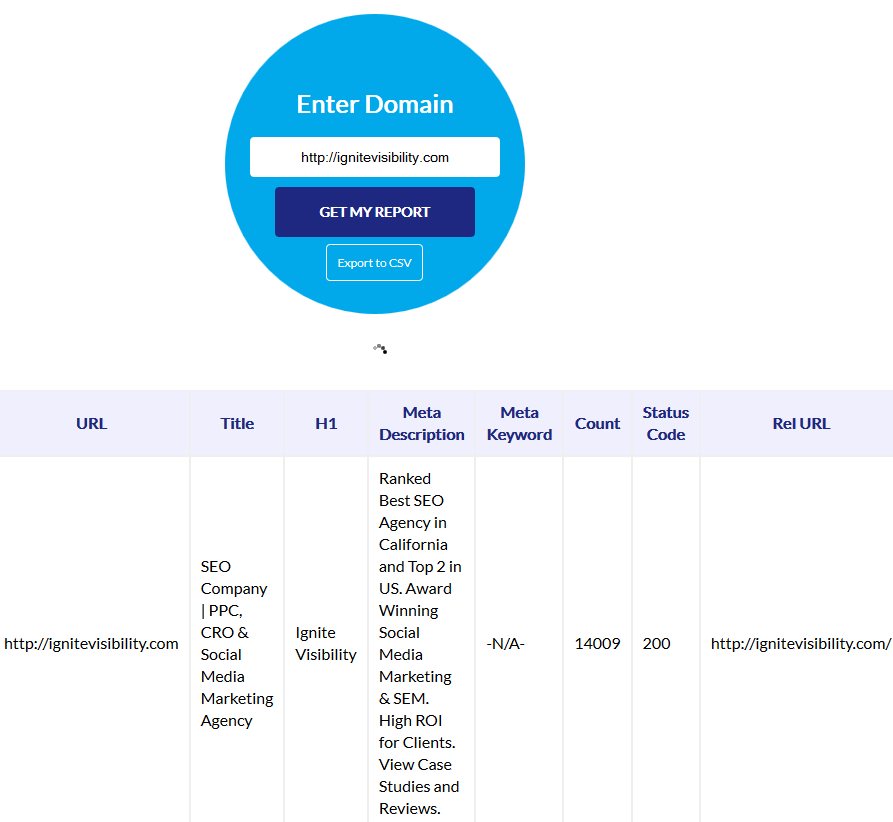
Example Crawl from the Ignite Visibility SEO Transfer Tool
So how do you use these tools? Well, simply input the URL of your competitor and hit crawl. You will then be delivered a crawl of the website that will list all of their important SEO information. Generally, you will know what keywords they are going after based on their page titles and h1s. SEO professionals need to put keywords in these areas to get the page to rank.
SEM Rush, Search Metrics, Etc.
Another great way to find keywords is to use a third party rank tracking tool like SEM Rush. This will allow you to see everything your competitors are ranking for and then recreate similar content for yourself.
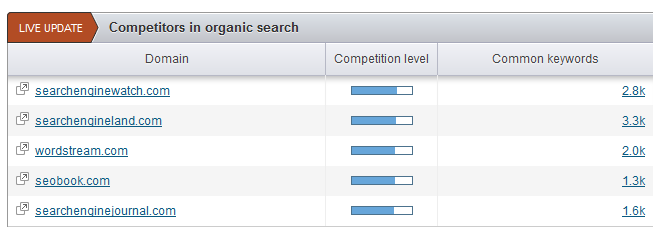
Moz Competitors
Google Keyword Planner
SEM Rush also has keyword research functionality, but it is hard to beat the Google Keyword Planner tool. Simply drop in a few terms and it will spit back hundreds of keywords. At that point, you need to evaluate the keywords for the site to determine which the best fit is. Keyword selection is so important. So make sure you work with the client to determine the best terms for their business. More on this later.
Majestic SEO
One thing that a lot of SEO professionals do is try to get an idea of the backlinks that will be needed to rank a term. Majestic SEO, Ahrefs and SEM Rush all give you data on this, but one of the best things you can do is look at your competitors URLs that are ranking for the term you want to go after and do a backlink analysis on it. This will give you an idea of what it took them to get there and possibly give you some ideas for link locations.

Ahrefs
Google Analytics and AdWords Data
Google Analytics and AdWords data can also be very helpful in the keyword selection process. You want to select terms that have a high conversion rate and will be profitable. If you have keyword data in Analytics, use that to assess the quality of that keyword. If you do not, you can always run an AdWords test campaign to determine how often that term will convert should you get ranked.
Things to Keep in Mind
Don’t pick the wrong terms: I can’t tell you how many times I have seen someone waste months getting ranked for a term that did nothing for them. Make sure you go after terms that will aid in accomplishing your goals.
Think of your segments as you build: As mentioned previously, each website has segments. Your informational segment is generally fed by your blog, your service pages are created on one-by-one bases, ecommerce category pages are usually dynamic, etc. When evaluating keywords, make sure you are selecting the right location to target specific keywords. You might have one term that is best for a ecommerce category and another that is better for an informational ultimate guide. So have a strategy in place.
Make sure it is all quality: No matter what keywords you select, you will never get ranked well if you put junk content out there online. Make sure your content is quality and technically optimized correctly.
If you can do all of this, and add new great content overtime, you will do well in search engine optimization.
